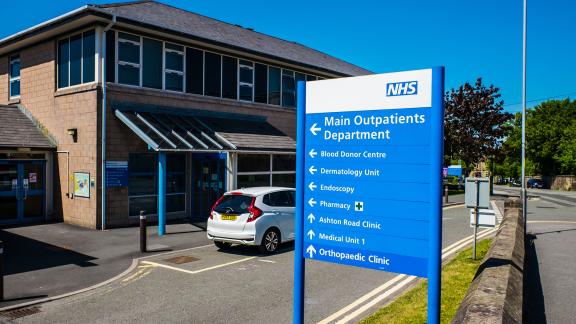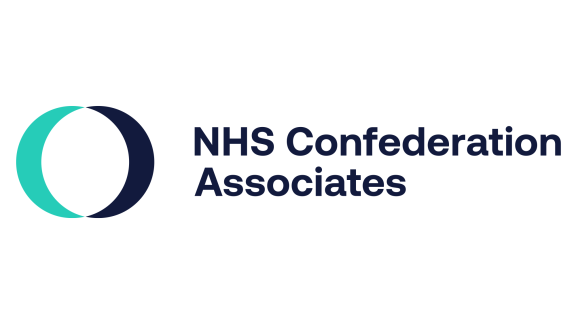Where do provider collaboratives fit within the CQC’s single assessment framework?

From April 2023, the CQC will take on a much wider remit, contributing to the NHS’s shift to population health approaches and service integration by inspecting systems, and not just organisations.
We can see this happening already, with some systems being sent informal letters from the CQC where issues are identified that are beyond the control of individual organisations.
Our quick explainer outlines some of the key issues in this transition.
What is the single assessment framework?
- The Care Quality Commission’s oversight framework covers providers, local authorities and integrated care systems (ICSs).
- Some elements of the old framework have been retained, including ratings and the five key questions.
- Quality statements focus on specific topic areas under key questions. They set clear expectations of providers, based on people’s experiences and the standards of care they expect. They replace the key lines of enquiry (KLOEs), prompts and ratings characteristics.
- The framework introduces six new evidence categories to organise information under the statements: people’s experience; feedback from staff and leaders; feedback from partners; observation; processes; outcomes.
- Registration is also based on this framework. It is the first assessment activity for providers in an integrated process.
How does it work?
- The CQC will use a range of information to assess providers’ flexibly and frequently. This will replace the reliance on ‘set piece’ inspections, meaning that assessment is not tied to set dates or driven by a previous rating.
- Evidence will be collected on an ongoing basis and can update ratings at any time, helping the CQC to respond more flexibly to changes in risk.
- Assessment will be tailored to different types of providers and services.
- The CQC will score evidence to make its judgements more structured and consistent. Providers will be assessed based on 34 quality statements and ICSs on about 16 of these.
- Inspections (site visits) will still be used as a vital tool to gather evidence to assess quality but will not be the only way evidence is collected and used to update ratings.
- The CQC will use data and insight to decide which services to visit. When on site, it will observe care and talk to staff and people who use services.
- The CQC will produce shorter and simpler reports, showing the most up-to-date assessment.
How does it impact provider collaboratives?
- The CQC will not be directly assessing provider collaboratives, which are not legal entities requiring CQC registration. However, the CQC is showing increased interest in system working ahead of April 2022 and will emphasise the need for collaboratives to be able to demonstrate clear links between population needs, and have a good understanding of wider system objectives.
- Within the NHS trust assessment, there will continue to be a well-led key question and a trust level well-led assessment. Quality statements within well-led include a focus on how well the service/provider is developing a shared vision and values and working in partnership with others – this would include consideration of effectiveness of work as part of collaboratives.
- Provider collaboratives will inform the overall ICS assessment. As well as provider collaborative leads being asked for feedback to inform assessments, provider quality including ratings will inform the CQC’s overall view of system quality. The CQC will also review strategic alignment of the ICS with provider collaboratives in its assessment of ICS governance.
Next steps
- The CQC is piloting its new framework with small numbers of ‘early adopter’ providers from October and has been testing areas of its approach with local authorities and ICSs, which it hopes to roll out from April 2023.
- The CQC will rapidly expand its communications activity in the new year to get all providers and systems comfortable with the new approach in advance of full roll out.
Find out more
Join our Provider Collaboration Forum
Our forum brings together people working across different types of NHS organisation to share learning, exchange ideas and shape policy.
Benefit from:
- peer learning sets - uniting providers around a shared interest or ambition to drive innovation
- peer networks - connecting you with peers at the same stage of development
- monthly thought leadership sessions - convening all learning sets to showcase work, discuss thematic issues and share the latest thinking.



